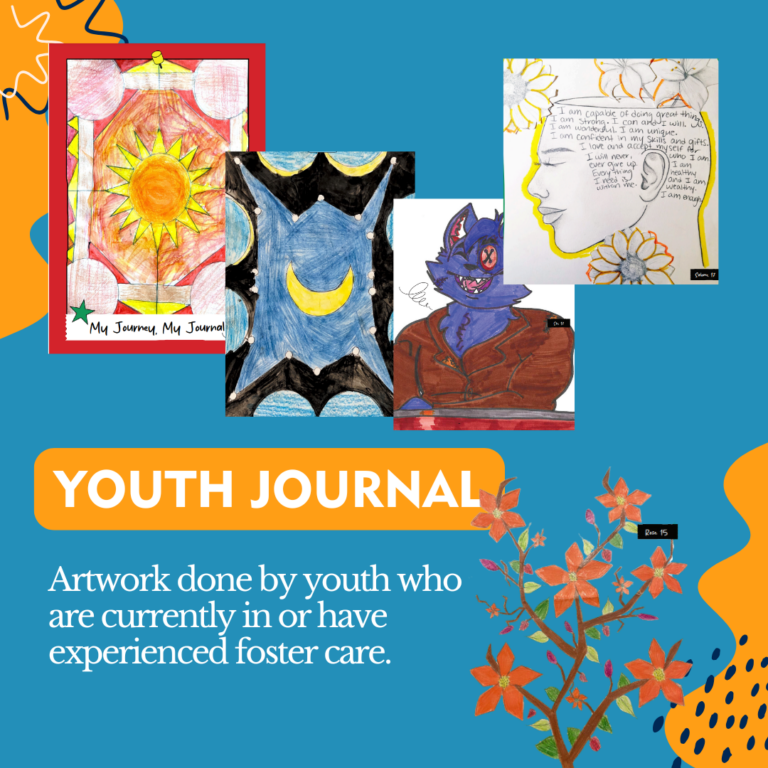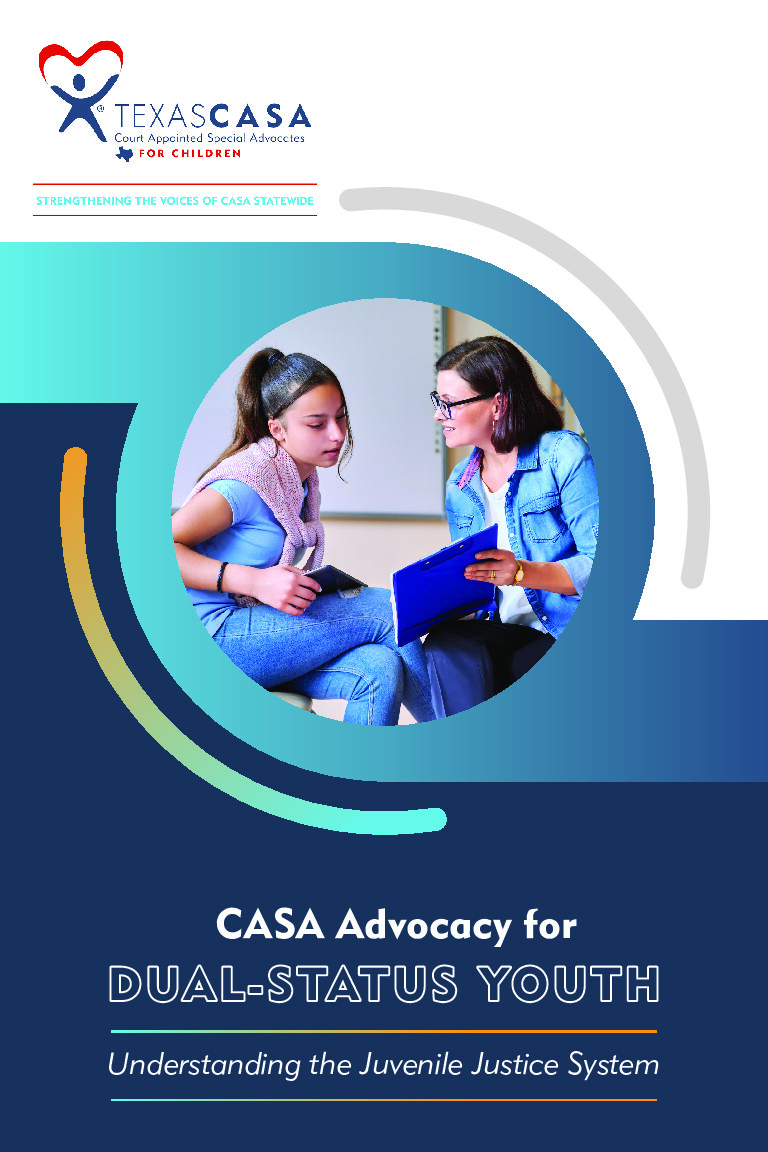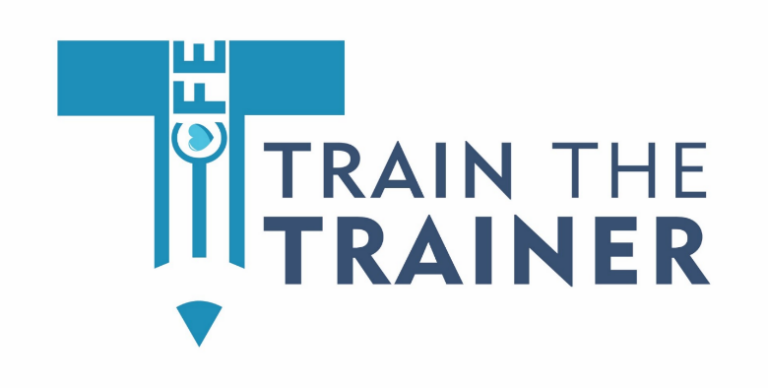NEW RELEASE: Youth Mental Health Guide – National Legal Landscape
Unhoused young people face multiple barriers in accessing health care and have disproportionately high rates of chronic mental health issues. Some studies have found as many as 80-90% of unhoused youth and young adults meet the criteria for depression, post-traumatic stress disorder (PTSD), and anxiety disorders. This isn’t surprising, considering the profound trauma caused by housing instability in and of itself, and the high rates of childhood abuse, violence and victimization reported by unhoused youth both before and after homelessness.
Accessing effective mental health treatment is a challenge for adults with housing, income, and comprehensive health insurance; for a young person without these resources, the challenge can feel insurmountable. This guide is meant to outline the legal rights and public resources that do exist for unhoused youth and young adults, ranging from states that remove unnecessary barriers and improve access to states that greatly restrict or block needed care.
Unfortunately, whether or not unhoused youth can technically access health insurance coverage or consent to mental health treatment is not the end of the story. Mental health treatment alone will not solve youth homelessness. But it is an important tool in helping young people heal from the trauma of homelessness and in maintaining safe and stable housing.


